|
I wasn't going to tune out humanity, look away instead of meeting eager "helping" eyes that wanted my smile. But I did. I wasn't going to ignore your text, let the numbness turn to apathy, fling away your attempt to reach me. But I did. I wasn't going to stare out my window and picture the abyss, the end of all and worry, worry, worry through the lining of my stomach about the fates I cannot change. But I did.
I wasn't going to pick at the skin until my fingers bled, stay up just to zone out so that my mind was fried and unprepared for the days ahead. But I did. And I do. I fail me continually and sometimes I fail you. I wasn't going to say all this, write it publicly for the world to feel me bleed. But I did. Because when my head wakes up, when the darkness passes from behind my eyes, you might need a reminder that I once felt as you do. I feel it now: too tired to get up and move around, too weak to keep from stuffing my mouth, the cycle of falling and failing too much for my thin skin, shuts me down until I can deal again. You might need to remember that I pushed the chocolate away, picked my child up, prayed, walked and talked and laughed even when all I wanted to do was hide. My head told me I couldn't, but it lied. I did the things to pretend to live, and it eventually became real. It is a battle I'd rather not fight, an insane I wish would heal. It won't. I'll tell myself I should never have lived, feeling this way. But I did. And I do. I do it for me, for them, for you.
2 Comments
I think I should write something about depression and death, but nothing I say has not been said before, and I'm feeling overwhelmed. Instead, I'll talk about my grandmother, Cornell and death. Huffington Post featured a really insightful article on the treatment of Chris Cornell's sickness and his ultimate death. This article made some really important points about why suicide scares and upsets us more than other deaths. My grandmother passed away this week, so Cornell's early departure didn't effect me as intensely as her passing did, for good reason--I knew my grandmother. I knew her highs and lows. An acquaintance said to me, "Does it make you mad that someone as young as Cornell killed himself when your grandmother probably would have gratefully lived a longer life?" I didn't know what to say to that question because it's flawed in so many ways, but the person was just trying to understand death, suicide and my own mourning, so I said only, "My grandmother was ready to leave this world. I am only sad because it is always sad when death takes someone you love." But what was going in in my head was a lot more complicated. My grandmother, like Cornell, suffered from depression. My grandmother, like me, suffered from bi-polar disorder. We both understood what it meant to stare despair in the face, to lie in bed and never want to move again, to fight to stay alive because people were counting on us to win that battle. I first heard Cornell's beautiful voice as a pre-teen. When the lyrics, "I woke the same as any other day, except a voice was in my head. It said seize the day, pull the trigger, drop the blade, and watch the rolling heads[...]One more time around. Might do it ("The Day I Tried to Live"). That song understood me; it understood the deep ache of having to try to live over and over again, every day, when you just want to stay in bed. I listened to the Superunknown album and I felt known. "Just when everyday seemed to greet me with a smile, sunspots have faded and now I'm doing time. Cause I fell on black days" ("Black Days"). I've had so many black days, days in which sunspots faded and my head felt like a prison. I picked up grunge during a transitional time in my life and Cornell's voice, Soundgarden's lyrics, his solo career, helped me feel less alone in my head, my sick head. But my grandma made me feel that way, too. I remember when we were young we were instructed not to let grandma buy sweets. "She won't share them," grandpa cautioned us. "She'll eat them all then feel badly." I understand. I cannot buy cookies, chocolates or candy for my family. If I am depressed, I will eat a bag of cookies in minutes. Sometimes grandma would shut herself away in her room or in the bathroom and I could hear her cry. Once my mother told me, "Grandma sometimes just cries. She's okay. You just have to give her time." As a kid, I didn't understand, but as a pre-teen my depression increased and I remembered those solitary bathroom/bedroom outings of grandma's. And I understood. Darkness would cloud my head. I could not remember the good in things, sunshine felt stale upon my skin, I'd cry and people would want a reason. I'd hide in books and music and people would try to lure me out, but outside was pain. I wanted to live, but my head wanted rest. I've been fighting manic rage and deep depression since age 13 and it doesn't get easier as an adult. The more responsibilities, the more people I fail when I'm not "normal" (which is a rare thing for me to be), the more depression is my companion. My head is sick and sometimes death makes sense to it. If you do not know this fight, you cannot talk about suicide with any conviction. My grandmother fought for 88 years in this imperfect existence, falling low and rising manic high, singing and sleeping, praying and laughing, medicated and melting. I believe she did her best. I believe she often failed to be normal and that failure ate at her. Every person wants to be healthy, but she was not. And when people cannot see your sickness, they are skeptical of it. But grandma, the person apart from her sickness, was a beautiful person. She had a smile that lit up a room, a voice sweet and prayerful, artistic talent by the bucketful and a sense of wonder that never left her. Her memory, for me, is not tainted by her strange highs and deep lows. Because I know them. Because I live them. I do not let her sickness define who she was to me because I don't want that for myself. I live depression. I am sad that Cornell's illness took him in the end, but I hope people stop letting his end define him. His sickness did not define him any more than any of our sicknesses define us. Do they contribute to who we are? Yes. But we are all so much more than those things, too. I encourage you to think of mental illness as you think of physical illness--if you are sick enough, you might die from it. If your treatment doesn't work well, you might die from it. I ache over the loss of my grandmother. I was already in mourning on the day that she passed, the day Cornell, too, passed. When I heard about Cornell, not long after I heard about my grandmother, my mourning weighed more heavily upon my shoulders. But I did not see one of their deaths as more tragic than the other. My grandmother died in her sleep, her body was failing her in her old age. But she could have died younger, from the illness that so often put her to bed. I'm glad we got all 88 years from her. I'm glad she had people who helped her fight. I'm glad I fight through the darkness when it threatens to overcome me, endanger my life. I am sad that the darkness took Cornell. I am sad his sickness took him too young. Death is difficult no matter what. When we lose influential people or loved ones, we understandably mourn. But I wish we could all just accept that mental illness, depression, is a cause of death as much as diabetes or cancer is. Most of all, I hope we can all come together and remember the beauty of the life that was lived, regardless of the length and the manner of departure. My grandmother was a beautiful soul with a fun energy, a once talented painter, a crochet washrag maker, a sweet and soulful singer. She fought bravely and loved us sweetly. I am happy she has her rest. I am sad the rest of my years won't have her presence in the background. I will mourn her until my last breath. Her longevity inspires me. I know myself. I know I will maintain. I will press on. I will most likely bug my family for much longer than I should be allowed to so do. And they will mourn me, broken brain and all, when I am gone. H.M. Jones is the author of the NIEA finalist book Monochrome, a fantasy novel about one mother's postpartum depression. She is currently working on the prequel, Fade to Blue, in which major depressive disorder plays a key role. She knows mental illness is difficult to understand and hopes her fiction can bridge the gap.I am getting stress pimples at 32. It's super appealing. They fit right in with the bags under my eyes. Because I'm not sleeping well. Restless energy pulls at me: do, do, do, do, don't stop. I know I'm manic. The rage tells me I am, or is it anger? Valid anger? I don't know, and I don't want to ask other people; they might give me an answer that will make me more angry.
Maybe I'm not manic, just angry and over-worked. Maybe it's not my crazy this time. But I might be, and I hate pity, so I won't ask. I'll just sit and stew over the things that boil under my skin and I won't say them but they'll come out in pimples and cold shoulders. And maybe you'll work to make it right, or maybe you'll blow it off as my crazy, and you may be right, I may be crazy. Or you may need to work on building us up, too. So that I'm not one-sided doing everything when I'm manic, then falling far down into a wallowing hatred and worthlessness so deep you won't be able to pull me up too late. I don't know. So I sit and stew. Because I'm not confident in knowing my crazy from my sane. It's a fine line. And the answer is not mine. I can't know my own brain. I can't know my own sane. You can't either. So we hit and miss daily. And I don't know if I should be sorry. |
AuthorH.M Jones is the author of B.R.A.G Medallion Honor and NIEA finalist book Monochrome, its prequel Fade to Blue, the Adela Darken Graphic Novellas, Al Ravien's Night, The Immortals series, and several short stories. Archives
December 2019
Categories
All
|
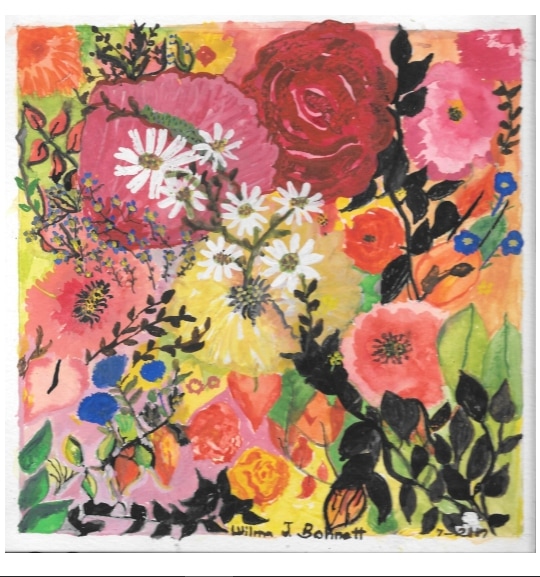
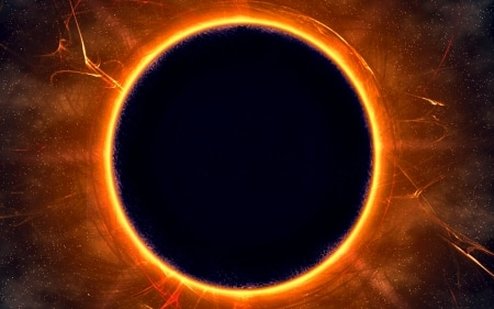
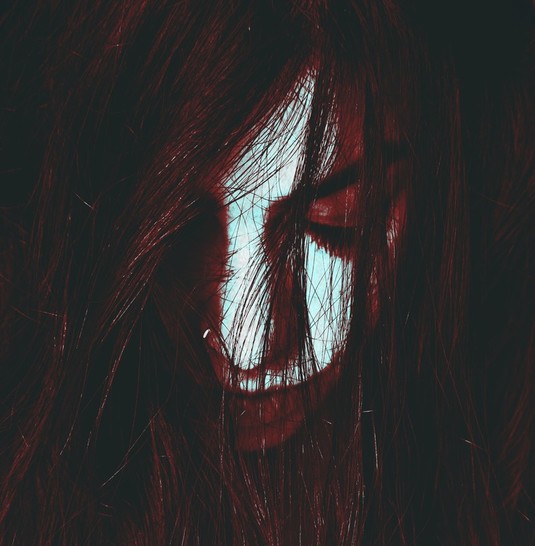
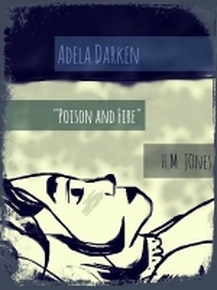
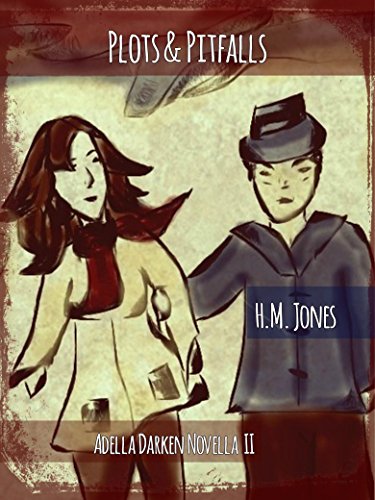
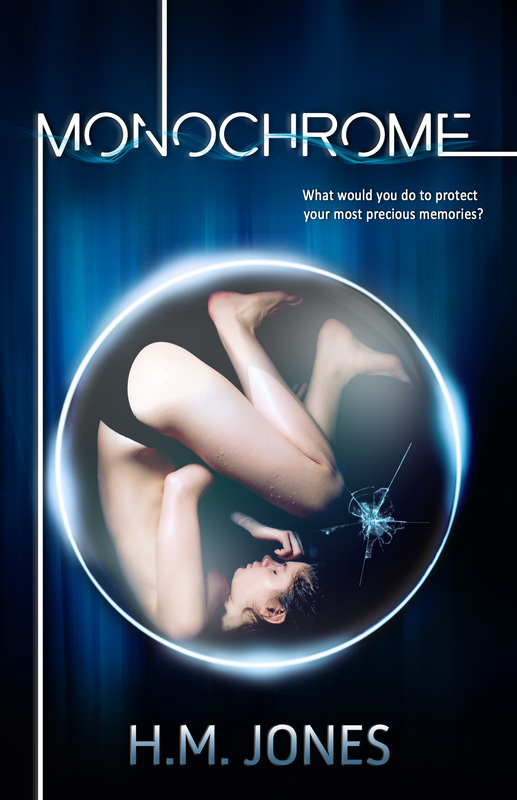
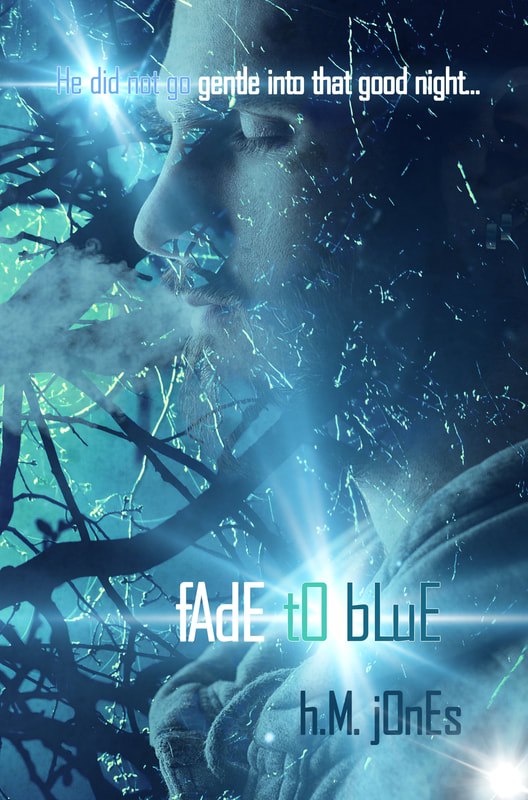
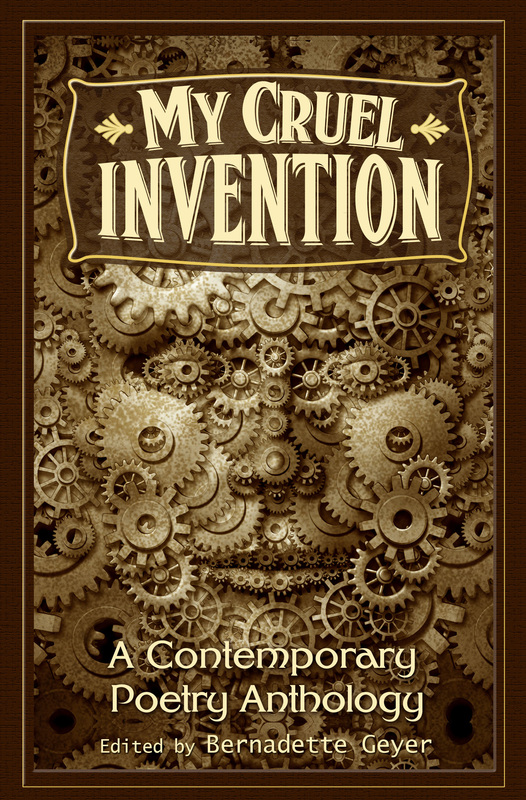
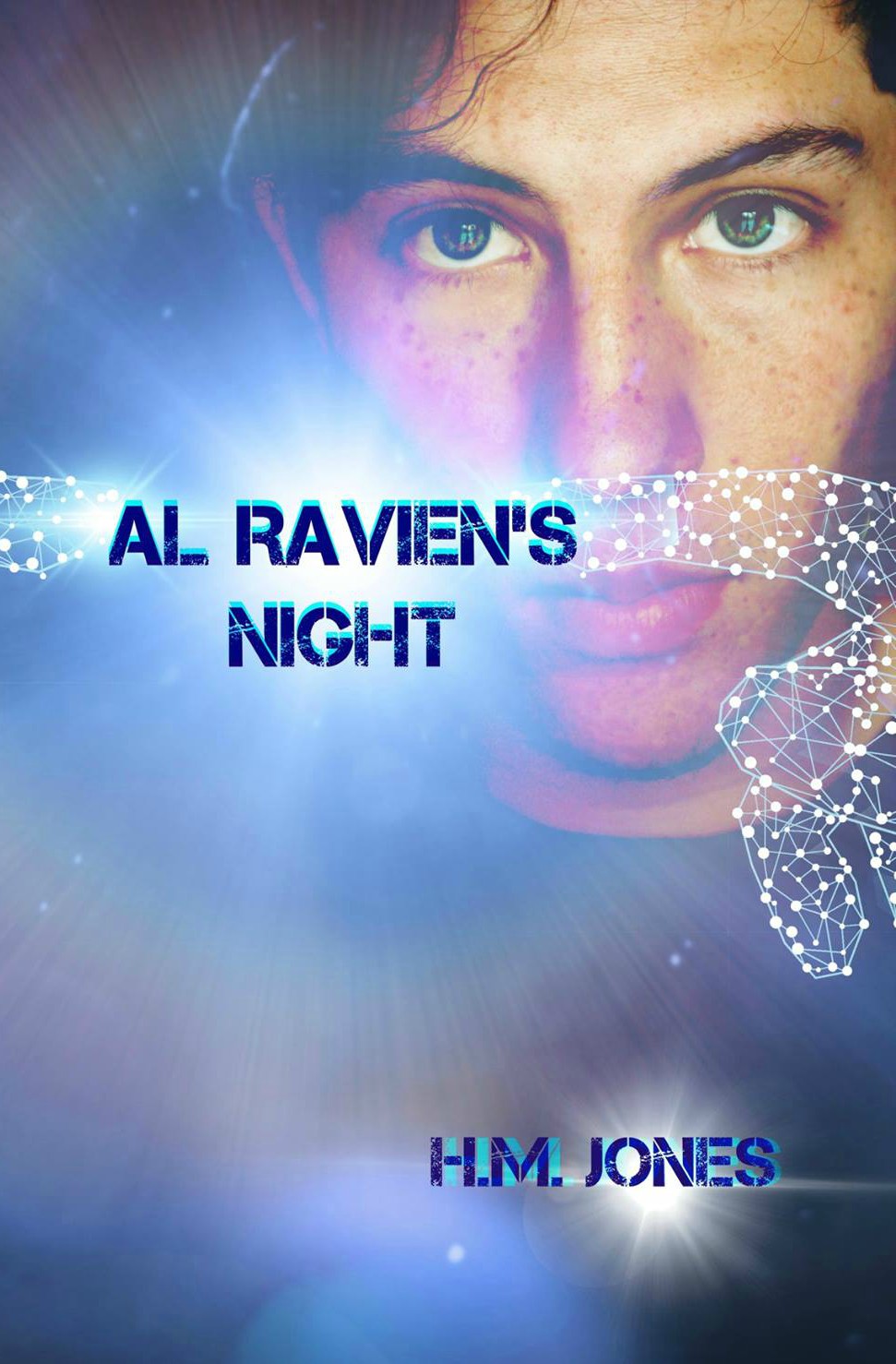
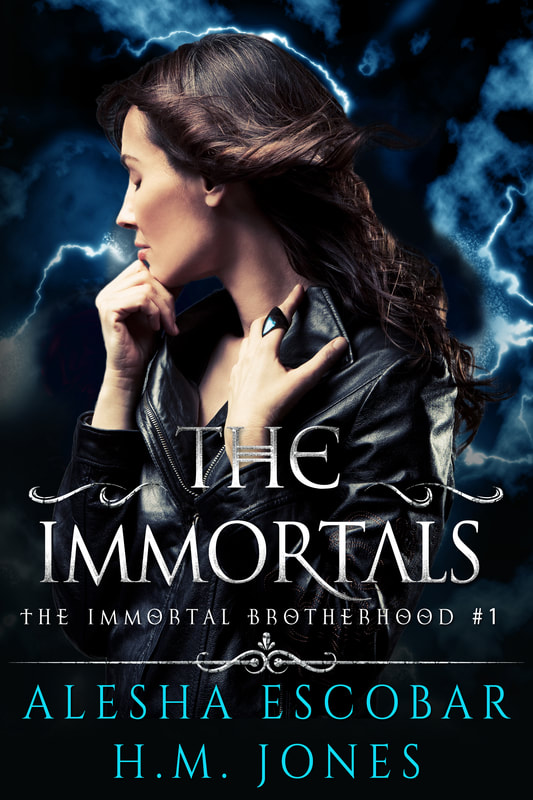
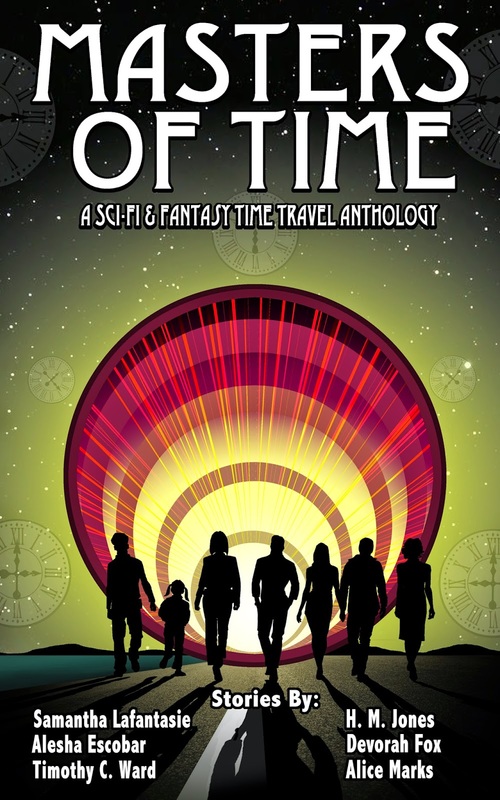
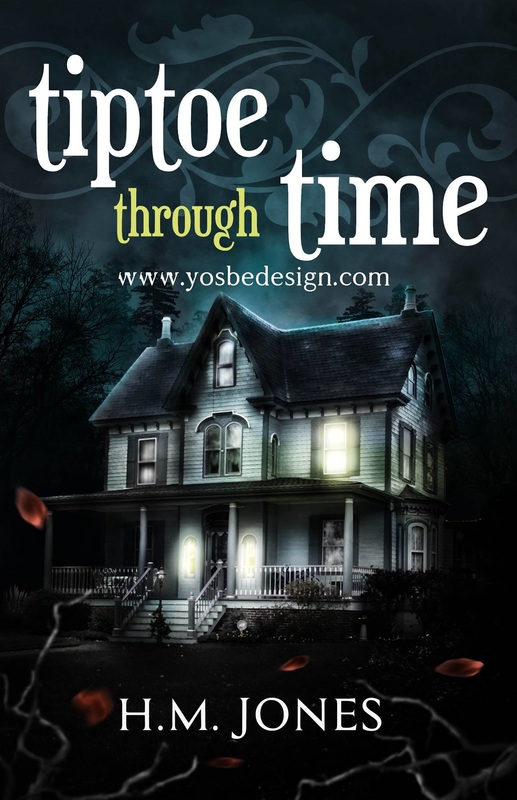
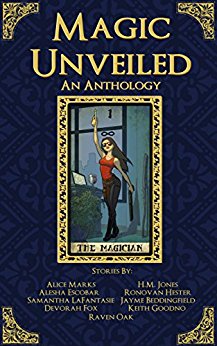
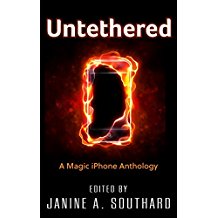
 RSS Feed
RSS Feed
